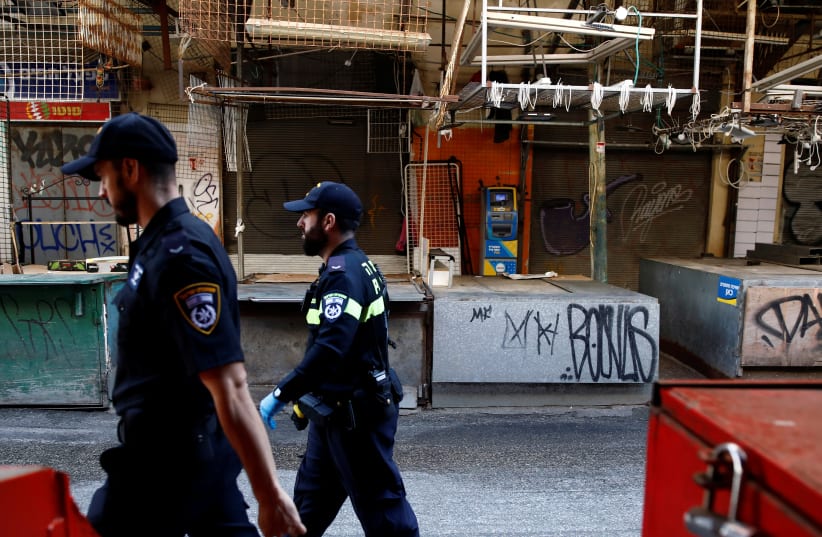The coronavirus and the lockdowns imposed by the government, not Israel’s political instability, were the primary factors affecting Israel’s economy during the past year, said Swiss bank Julius Baer’s chief economist David Kohl.
“The fourth election in just two years did not undermine the stability of the Israeli economy. The coronavirus pandemic and closures were the dominant factors in political instability and the failure to pass a budget was secondary in light of the actual health emergency in the past year,” Kohl said. “Israel’s economy and its dynamics have been much more shaped by last year’s closures and the slowdown in consumption and investment, which will resume sharply and recover significantly this year.”
Meanwhile, in the days before the election, the markets are looking for a decision that will provide political stability after four elections in two years, economists at Bank Hapoalim said Sunday in a report to investors. “The government that will be formed will have to make a series of decisions fairly quickly, including some less popular decisions, such as tightening the conditions for receiving unpaid leave from work, and later also approving the budget and taking measures to reduce the deficit.”
International credit rating agencies want to see Israel form a stable government, but they won’t rush to reduce the credit rating of the country leading the world in vaccinations, Hapoalim said.
Kohl said that Israel’s successful vaccination program means that Israel’s risks for 2021 are lower than other regions of the world, to the point where that may create its own problems. “The strengthening shekel will create difficulties for the economy, and foreign currency purchases by the Bank of Israel and low-interest rates are expected to continue, despite a very strong economic recovery,” he said.
The shekel currently trades at NIS 3.30 to the dollar and is around its strongest level in about 13 years after hovering between 3.50 and 4 for most of the past decade. In January, the shekel strengthened to less than NIS 3.20 briefly before the Bank of Israel intervened and said it would buy $30 billion worth of dollars over the course of the year. Israel’s exporters and hi-tech sectors have complained that the strong shekel is a fundamental threat to their industries, which operate primarily in dollars.
“When you look at the total impact on the tech sector, and tech’s influence on the entire Israeli economy, you understand that a strong shekel isn’t a minor issue,” Gal Gitter, managing director at Ibex Investors, explained in January. “The government needs to recognize that weakening the shekel is an important strategic imperative that can impact the entire Israeli economy for years to come.”
However, Kohl said, Israel’s inflation rate is expected to remain low, and “therefore justifies the continuation of monetary policy.”
Israel’s inflation rate has hovered around zero over the past year, although the consumer price index has come out higher than expected for the past two months. In February, CPI rose by 0.3%, and in January, CPI fell by 0.1% in a month when analysts were expecting an 0.3% decline.
In a report Sunday from Leader Capital Markets, economists raised their inflation outlook to 1% for the coming 12 months and 1.3% for the whole of 2021. Price levels will likely rise over the next three months, due to cyclical factors as well as pent-up demand as Israelis start to come out of a pandemic mindset, Leader said.
